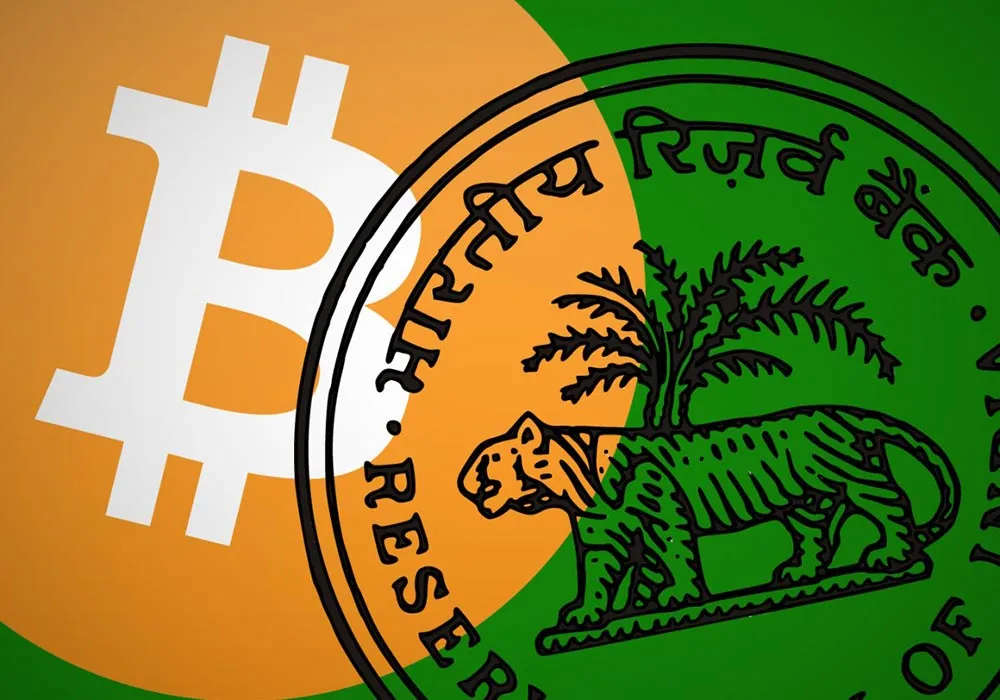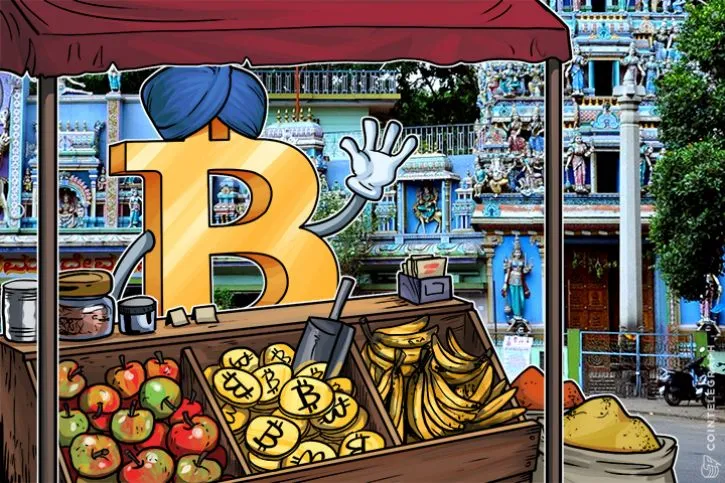Bitcoin has become popular in India as well. Volumes of rupee trading in bitcoin have exploded this year – over 2,500 Indians trade bitcoins daily. Not coincidentally, demonetisation of 86% of Indian currency on November 8 triggered off an explosion of interest. Some estimates indicate that rupee-denominated bitcoin trades now generate the third-largest volumes after American dollar and yen.
Bitcoin has now been around for many years and its codes are open-source. But many people don’t understand how it works.

Internationally, bitcoins are traded on multiple financial exchanges and they’ve shot up in value over the last year. Most exchanges insist on some degree of “Know Your Customer” or KYC details, but there are loopholes. For example, the same person could own many wallets in which the coins are held.. It is possible to layer trades such that it is impossible to figure out who sold what, when. What’s more, the underlying reason for a trade is irrelevant – all that is known is that a coin has moved from one wallet to another.
In India, the Mumbai film industry seems to love bitcoin, given the number of celebrities who have burbled about it. But the Chinese crackdown and fears that India might see a similar crackdown have led to wild swings in rupee-values of bitcoin. The bitcoin was trading at Rs 3.01 lakh on September 1, it dropped to Rs 1.95 lakh on September 15 as panic took hold, and it is back to Rs 2.58 lakh on September 20.

Will the Reserve Bank of India try to regulate bitcoins and other crypto-currencies? Almost certainly. No government that imposes capital account currency controls can afford to ignore non-fiat currencies. Will the Indian government mess up attempts at regulation? Almost certainly. The RBI doesn’t have a shining track record in terms of its recent actions and it could fumble this task, for sure.
In fact, the RBI is supposedly considering setting up its own crypto-currency , which is a step in the wrong direction. Crypto-currencies work for people who want anonymity and who are seeking alternative stores of value. No fiat currency , crypto or not, can reasonably offer this combination.
What’s more, crypto-currencies have features (and bugs) that fiat currencies don’t and that’s precisely why users love them. The blockchain system of generating an exact increase in money supply gives comfort to speculators. This eliminates worries about inflation caused by a sudden expansion of money supply by the central bank since there is no central bank and the money supply is governed by pure maths. This also makes fractional reserve banking cumbersome since currency swaps or exchanges are always required for such actions.